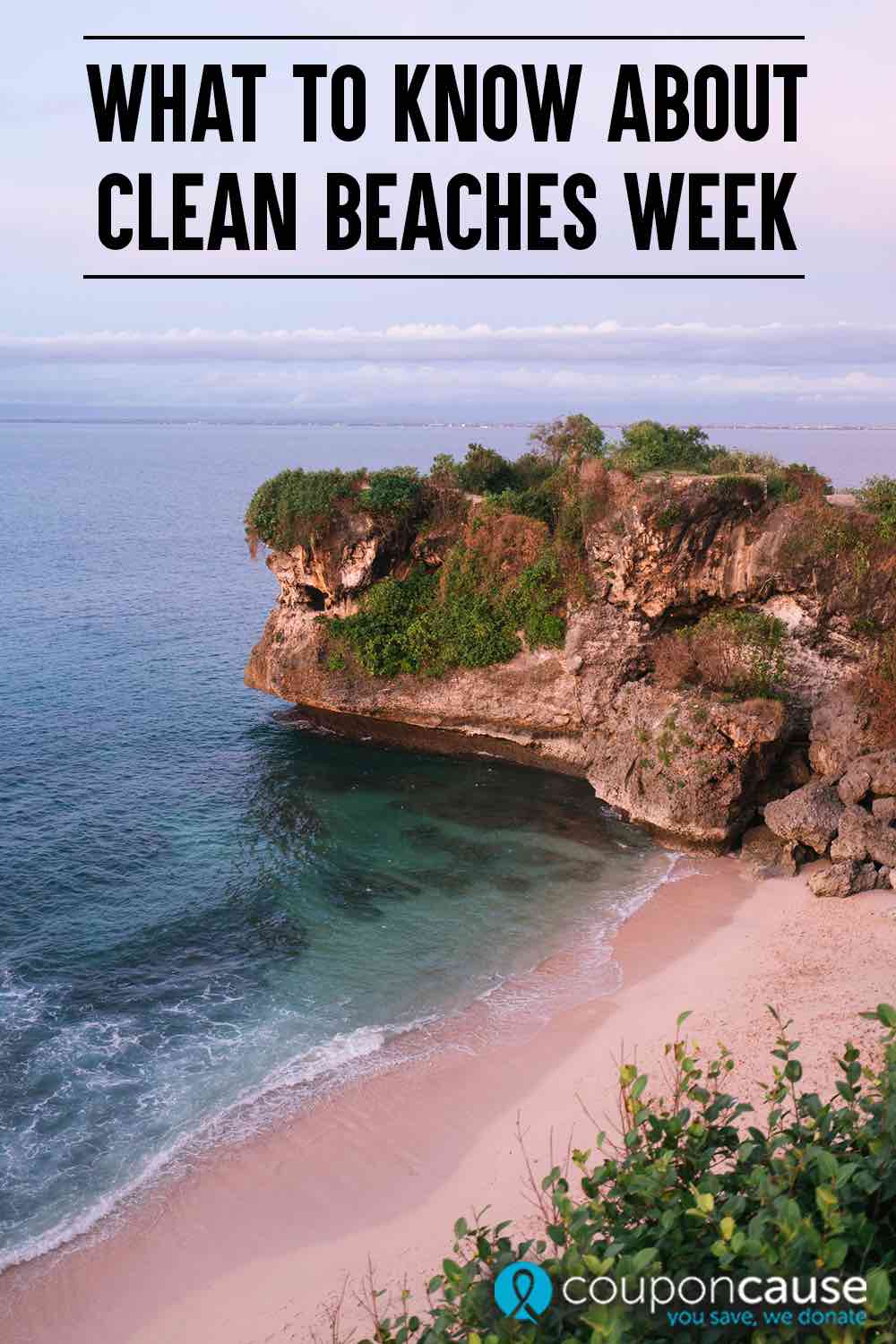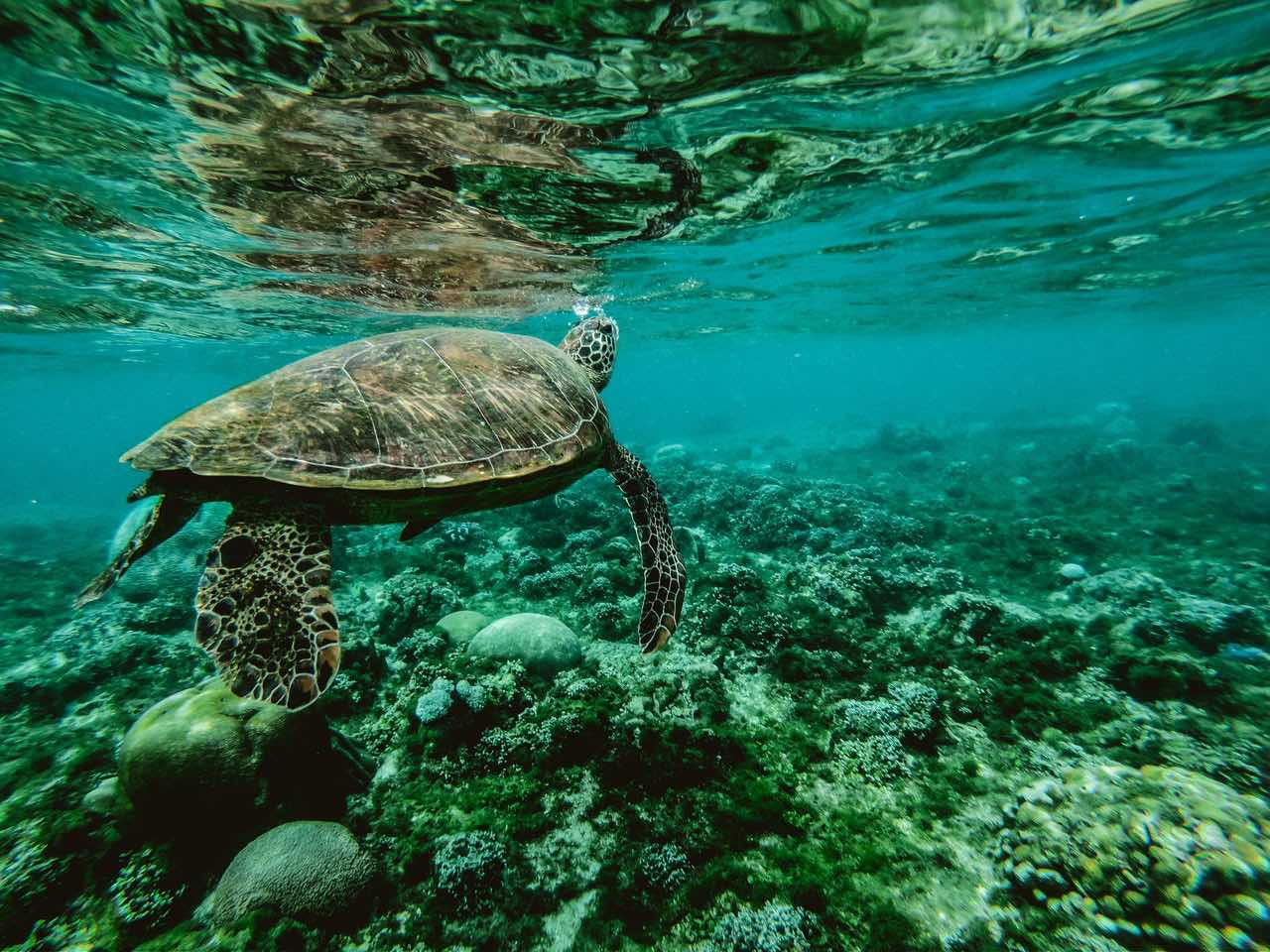Clean Beaches Week Starts Today - Here's What You Can Do
July 1, 2020 by Angie Long
It is difficult to imagine spending summertime without the occasional trip to the beach. All you need is a beach towel, swimsuit, cooler with snacks and beverages, some sunscreen and good company, and you’ve got practically free entertainment for the whole day. But when you take those items to the beach, are you making sure to take them back home with you and dispose of your trash properly?
Surprisingly, many people don’t. Many people simply leave their trash lying around for others to clean up or to end up in our oceans and lakes. They fail to realize the massive impact they can have by littering, whether purposely or by accident.
Everything to Know About Clean Beaches Week

What is Clean Beaches Week?
Beach cleanups have been going on since the mid-1970s, which is surprisingly recent in the grand scheme of things. Initially, the beach cleanups were started to look for recyclable material, not solely for the sake of cleaning up the beach. But this brought light to the amount of litter on our beaches, and many communities began to see a real need to step up when it comes to ensuring we have clean beaches.
This led to the advent of Clean Beaches Week in 2003, with the main goal of cleaning up our beaches, but the larger goal of taking care of our planet’s water sources and ecosystems. In 2007, Congress unanimously passed the National Clean Beaches Week Resolution, and now we honor this week at the beginning of every July, with the busiest beach day of the year (July 4th) smack dab in the middle of it.
The need to take care of our beaches cannot be understated. And it isn’t just about ensuring we have a clean, safe place to enjoy the summer sun. When trash ends up on the beaches and in the water, wildlife can ingest it or become entangled in it and die. In fact, plastic has been discovered in almost 60% of seabirds, 25% of fish (sampled from global seafood markets where humans buy them) and 100% of sea turtle species.
Also, the composition of plastic attracts other pollutants. When fish and shellfish ingest those pollutants and humans eat that seafood, guess who also gets sick. It is a vicious cycle that all starts with your presence at the beach.
Now, more than 150 coastal governmental agencies and commissions support Clean Beaches Week. Besides picking up your trash when you go to the beach, you can get involved too.
How to Get Involved with Clean Beaches Week
In a typical year, there would be scheduled cleanups, art fairs, seafood festivals and other recreational events to encourage people to get involved with National Clean Beaches Week. Unfortunately, the coronavirus pandemic is forcing people to continue social distancing to some extent, so these organized events are put on hold this year. But that doesn’t mean you can’t get involved yourself.
To honor National Clean Beaches Week, the Clean Beaches Coalition is urging everyone to at least make sure you leave no trace, taking home with you everything that you bring to the beach (or throw it away). You can also schedule your own cleanup while respecting social distancing rules. Just make sure you wear gloves and face masks if required by your locality. Additionally, there are things you can do at home to honor Clean Beaches Week year-round, such as using metal straws instead of plastic, and cutting up any plastic that could entangle wildlife (like the multipack rings that soda is commonly packaged with).
These may seem like small efforts, but they can end up making a massive difference to the beaches and our environment overall.

